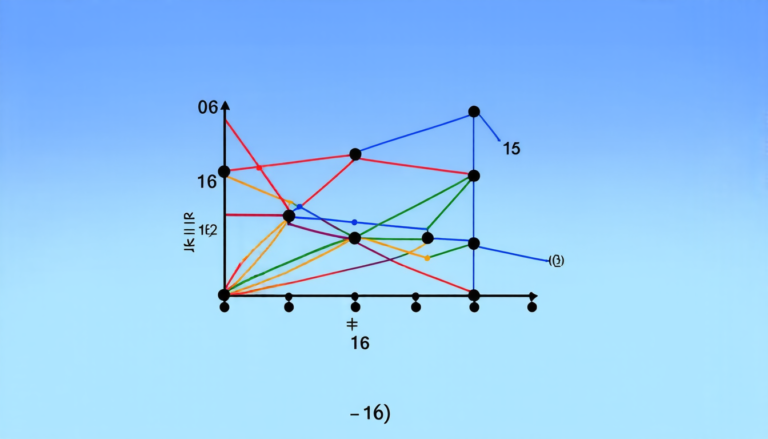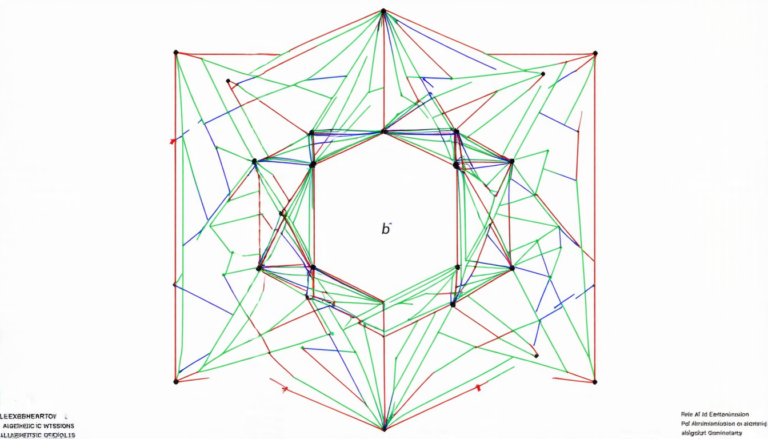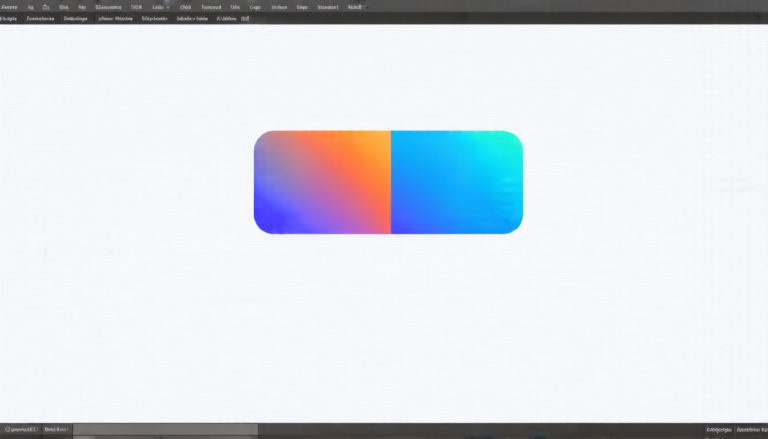Wednesday 16 April 2025
For decades, scientists have been searching for ways to optimize complex systems and processes in real-time. One approach that has gained significant attention is extremum seeking control, which involves using feedback loops to find the optimal state of a system. However, most methods rely on simplifying assumptions or require extensive knowledge of the system’s dynamics.
Recently, researchers have developed a new framework for extremum seeking control that utilizes higher-order Lie bracket approximations. This approach allows them to design controllers that can adapt to complex systems with polynomial-like behavior near their minima.
The key innovation is the use of higher-order Lie brackets, which are mathematical objects that describe the relationships between different vector fields in a system. By approximating these Lie brackets, researchers can create controllers that can optimize the system’s performance while avoiding the limitations of traditional methods.
One of the most promising applications of this technology is in robotics and autonomous vehicles. These systems must constantly adjust to changing environments and optimize their performance in real-time. The new framework provides a powerful tool for achieving this optimization, allowing robots to adapt to complex situations and make decisions quickly.
The approach has also been tested on other complex systems, such as those found in finance and energy management. In these cases, the ability to optimize performance in real-time can have significant economic benefits.
While the technology is still in its early stages, the potential applications are vast. Researchers are exploring ways to integrate this framework with other optimization techniques, such as machine learning and linear programming. This could lead to even more powerful tools for optimizing complex systems.
The development of this new framework is a testament to the power of interdisciplinary research. By combining insights from mathematics, control theory, and engineering, scientists have been able to create a technology that has the potential to transform many fields.
As researchers continue to refine and develop this technology, it’s likely that we’ll see even more innovative applications in the future. With its ability to optimize complex systems in real-time, this framework could become an essential tool for industries ranging from manufacturing to healthcare.
Cite this article: “Unlocking Higher-Order Extremum Seeking: A Breakthrough in Nonlinear Control Theory”, The Science Archive, 2025.
Control Theory, Optimization, Real-Time, Lie Brackets, Robotics, Autonomous Vehicles, Finance, Energy Management, Machine Learning, Linear Programming.







